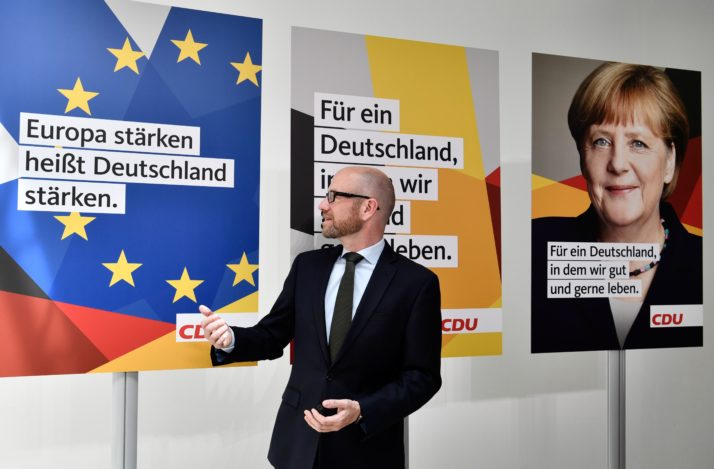
German Voters Demand Reform as the Biggest Economy in Europe Stagnates
German voters are demanding change amid economic stagnation as the nation’s economy tries to pick up steam.
Politicians in Germany are being urged by Lars Baumguertel to put money into the nation’s future.
In Gelsenkirchen, a former coal town in the industrial Ruhr Valley, the 58-year-old executive oversees one of the few surviving manufacturers. His company, like many others in the Mittelstand, Germany’s network of small and medium-sized businesses, is facing rising energy prices as a result of the war in Ukraine cutting off cheap Russian gas supplies.
In 2024, Germany’s economy shrank for the second year in a row, its poorest showing in 20 years. With the highest unemployment rate in Germany and one of the hardest-hit cities, Gelsenkirchen has seen a sharp increase in support for the far-right Alternative for Germany (AfD) party.
There is fierce discussion on how to turn around Germany’s economic situation as the nation prepares to cast ballots in a general election on Sunday.
In order to revamp Germany’s energy grid and ease its transition to a more modern, environmentally friendly economy, Baumguertel expects that a new administration would make the long-overdue infrastructure investments. By 2045, Germany aims to achieve carbon neutrality.
During a tour of his facility, Baumguertel told Reuters, “The entire Ruhr region, and Gelsenkirchen in particular, shows how constant change is needed to sustain economic growth.” Approximately 2,000 people are currently employed by the family-run company, which was established in 1889, and produces coatings for galvanizing steel.
However, Germany’s constitutional debt brake, which was put in place by former Chancellor Angela Merkel in reaction to the 2009 financial crisis, has prevented succeeding administrations from funding vital projects like public infrastructure and skill development. These investments, according to economists, are essential to reviving Germany’s failing economic model.
In stark contrast to the US, where the budget deficit last year surpassed 6% of output, the debt brake keeps the federal government’s deficit at just 0.35% of output.
Eight Gelsenkirchen locals, as well as prominent politicians and economists, were interviewed by reporters. All of them concurred that in order to revitalize the economy, a new government must take into account significant changes to Germany’s austerity-driven, export-dependent model, including the debt brake.
Party sources claim that Friedrich Merz, the conservative candidate for the next election and the likely candidate for chancellor in a coalition government, is opening the door for reform.
All Categories
Recent Posts
Tags
+13162306000
zoneyetu@yahoo.com



